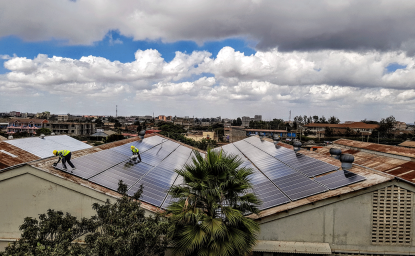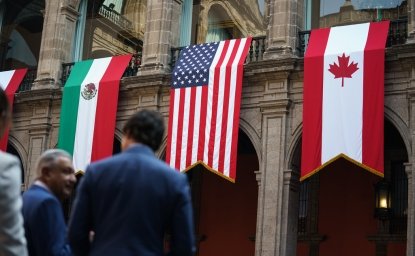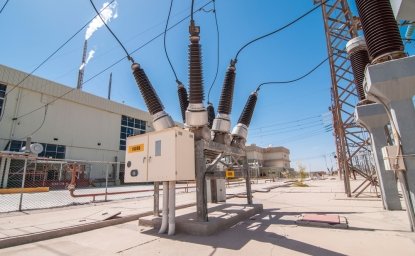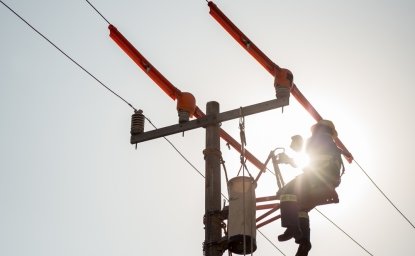Energy Reform and Democracy
by Jesús Reyes Heroles*
This article was translated from Spanish by the Mexico Institute. Also in Spanish (See below)
Despite its technical complexity and the political differences associated with the energy reform, the process that has been carried out to materialize it is unprecedented in Mexico. The constitutional reform, absolutely necessary to detonate real and profound change, achieved its goal, but it unfortunately left pending the “pulling out” of Pemex and the Federal Electricity Commission (CFE) from the Expenditure Budget of the Federation (PEF), which would have taken away the regulatory and normative straightjacket that represents a competitive disadvantage.
With exceptions, the initiatives sent by the Federal Executive were consistent with the spirit and letter of the constitutional reform. The legislative debate that followed has been useful to understand and disclose the nature of the reform, point out what is at stake and, in turn, to be producing results.
The corresponding legislative packet the Senate initially approved is good. Several of the changes that the senators made regarding the initiative were for the better, while others were not. An example of a good change was to bring forward the date so that individuals can commercialize fuels. In contrast, among the latter was the ratification by the Senate of independent directors and the reinstallation of the Committee of Acquisitions, Leasing, Works, and Services (CAAOS). In a process of democratic reforms, a package of changes so wide and so deep cannot please everyone.
Meanwhile, the most important changes introduced in Commissions by the Chamber of Deputies refer to the new tax regime that would apply to Pemex. First, they simplified the scheme; now there will be only three rights, instead of the nine there are today. Second, these concepts would come into play immediately and not until Pemex converts its allocations (to be defined on September 17) to any of the forms of contracts it will subscribe with the Mexican state.
Second, the deputies modified the “fiscal fence” proposed by the Executive, to allow the results of all exploration and production activities to be considered together.
Third, realistically, they reclassified the labor liabilities of Pemex and CFE to public debt. Although, by the facts, it was already a liability in the public sector, removing that heavy historical burden on Pemex and CFE would help them match conditions to compete with new participating companies. This relief provided by The Law is on the condition that the administration and the union review and renegotiate their collective agreement to adjust the pension and retirement scheme for new and active workers; also, that they introduce more flexibility to relocate workers within Pemex.
Furthermore, the day before yesterday, the Deputies approved the Hydrocarbons Law and the Electricity Industry Law, among others, introducing some modifications that generally seem positive. They strengthened the regulatory bodies, such as the autonomy of CENACE, which is essential for new electric companies to develop beside a dominant firm (CFE).
The Chamber of Deputies also managed well the issue regarding the use and occupation of land, an issue that is not unique to Mexico; it arises in any country where oil wealth is of the nation or of the provinces (Canada), except the United States, where the surface territory extends to hydrocarbons in groundwater. Most opinions have a surprising lack of understanding on this matter.
Soon a historic chapter in the operation of a functioning democracy will close to build a more prosperous Mexico.
*Economist






